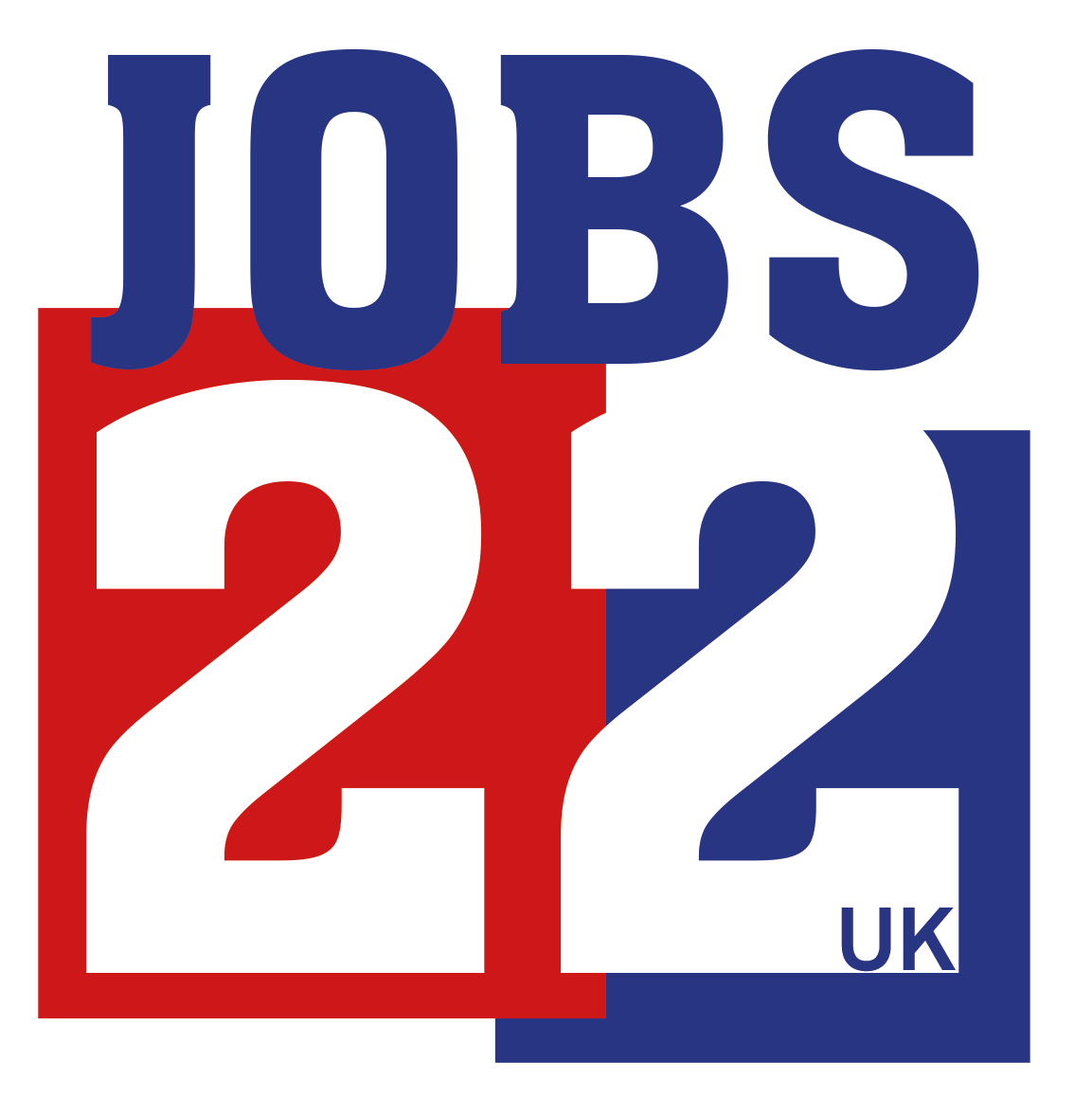OVERCOMING TRAUMA, ADDICTION AND PTSD TO DISCOVER A BETTER FUTURE
We meet with participants with a broad range of challenges and some with multiple barriers and difficult pasts. Our Health Coach, Linda Mather, delivered much-needed support, guidance and a referral to Assist Trauma care to help a participant get their life back on track and start their journey towards work.
During his first meeting with our Health Coach, Linda Mather, the participant disclosed that he'd struggled with drink and drug addiction since his teens. He has never worked except for a short while with his brother. In his twenties, he was diagnosed with testicular cancer and received intense treatment. Thankfully, he is now cancer-free.
During a drinking binge, he got into a fight and assaulted a man who was disabled, which was not visible to the participant in their altercation. The participant was charged and appeared in court, where he was given a four-month prison sentence for ABH. This incident was the participant's first offence of any kind.
Since these events, he has suffered from depression and anxiety and has become socially isolated. He feels that people are judging him, and he constantly beats himself up for what he did and feels ashamed and guilty about his past. He revealed his biggest fear about going to work is maintaining a job and getting things right, which causes him great anxiety. The participant is awaiting an assessment for autism. He self-harms, mainly by punching walls, and has once jumped out of a window.
The participant's parents, whom he lives with, have not encouraged him or pressured him to work, likely due to his past difficulties. Therefore the participant has never felt the need to seek employment, which has meant he has delayed addressing barriers to work. Equally, his past experiences have had an impact on him and have left him feeling unable or 'not good enough' to work, and his fear of making mistakes in a job has compounded his fear of failure.
Linda delivered some psychoeducation on anxiety and anxiety management techniques; she also completed exercises with the participant designed to raise his self-esteem.
Currently, he only saw himself as an ex-user and offender. This exercise helped the participant see their other qualities and that his past actions didn't reflect his entire personality. He could then see he had many positive attributes and skills he could carry into the workforce. Following this, Linda also looked at the participant's irrational thoughts, such as "everyone will think I am rubbish". Using the CBT cycle, they explored how these thoughts triggered feelings of worthlessness, anxiety, and anger, leaving him with breathlessness, trembling, and tiredness as physical symptoms. This subsequently triggered negative behaviours of shutting down, isolating self, and self-sabotage.
Linda gave the participant techniques to manage/challenge thoughts, feelings, and behaviours. She recalls, "During our sessions, the participant talked about his time in prison and when he was diagnosed and started treatment for his cancer. It became evident he was disclosing symptoms indicative of PTSD - hypervigilance and flashbacks. I suggested trauma counselling with a specialist service, and the participant was very open to this."
Linda then made a referral to Assist Trauma Care, and Jobs 22 funded the assessment. The participant completed their final session with Jobs 22 and had his first appointment with Assist Trauma Care a week later. The participant was 'over the moon' with the service he's received from Jobs 22.
Linda Mather, Jobs 22 Health Coach
"During the participant's final session, he said he was very appreciative of the service he had received. He achieved much-improved scores on our review. He's now considering his future work options and would like to apply for a job as a bin man."


